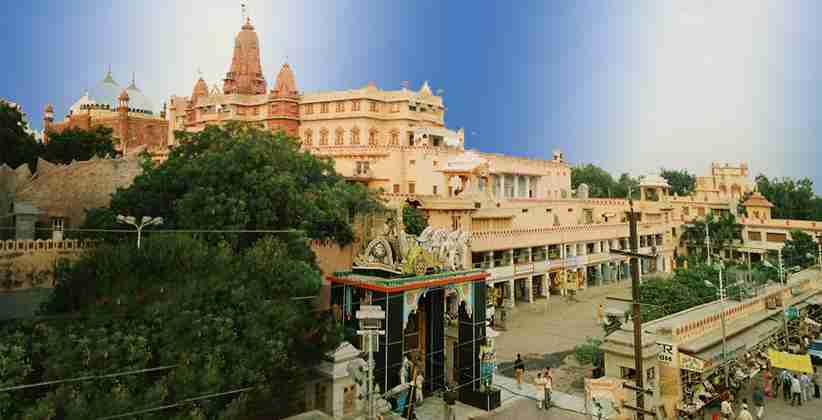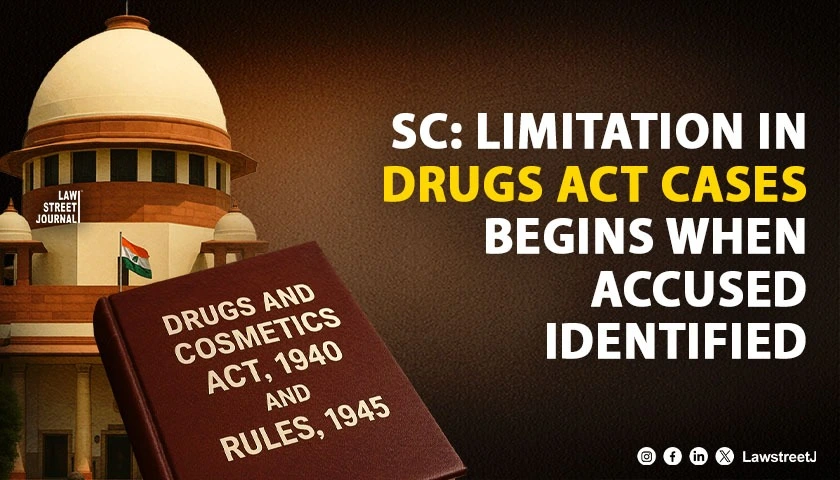In Mathura, Uttar Pradesh, the Civil Court refused to admit a case that demands to remove the Idgah Mosque on the allegation that the mosque is built upon Krishna Janmbhoomi (birthplace of Lord Krishna). Hearing the plaintiffs question of maintainability of the petition the counsel for the petitioner submitted for the first plaintiff being Bhagwaan Shree Krishna Virajmaan and second being Shri Krishna Janmbhoomi that the place has great significance in religious scriptures and Hindu Law.
The present suit was being instituted because of the safety of the property and its maintenance and also that Shree Krishna Janmbhoomi Trust is not discharging its duties properly.
Relying on Article 25 of the Constitution of India the plaintiff tried to prove that he has the right to the present suit. The council also relied upon the case of Saleem Bhai & other Vs State of Maharashtra & others (2003)1 S.C.C 557, P V Guru Raj Reddy and others Vs P. Neeradha Reddy and others S.C.C (2015)8 S.C.C 331, Kuldeep Singh Pathania Vs Bikram Singh Jaryal (2017)5 S.C.C 345, etc. The Court observed that the present suit was being instituted by the plaintiffs seeking the Cancellation of Decree, Declaration, Permanent and Mandatory Injunction and also that the suit is for the elimination of an earlier Mathura court ruling.
The plaintiff alleged that the committee of Management of Trust Masjid Idgahentered into an illegal compromise on October 12th, 1968 with the Shree Krishna Janamasthan Trust, and by this, both these have played fraud upon the court. The Court also observed that decree in this case is based upon the agreement which has been entered by both parties.
The Court specifically said that the actions of trust can only be questioned by the trustees and over here the plaintiff is just a devotee. The court further agreed upon the plaintiffs argument relating to Order 7 Rule 11 of Civil Procedure Code, 1908. The Court further noted that the current plaint is not been instituted through Shebait.
The court said that Shree Krishna is the Avtar of Lord Vishnu and there are uncountable of devotees of Lord Krishna, the court further said that if each and every devotee is allowed to institute such suits, it would jeopardize the judicial and social system. The court said that the plaintiff doesnt have the right to sue because the plaintiff is a devotee; it is legally untenable and not allowed in the eyes law.






